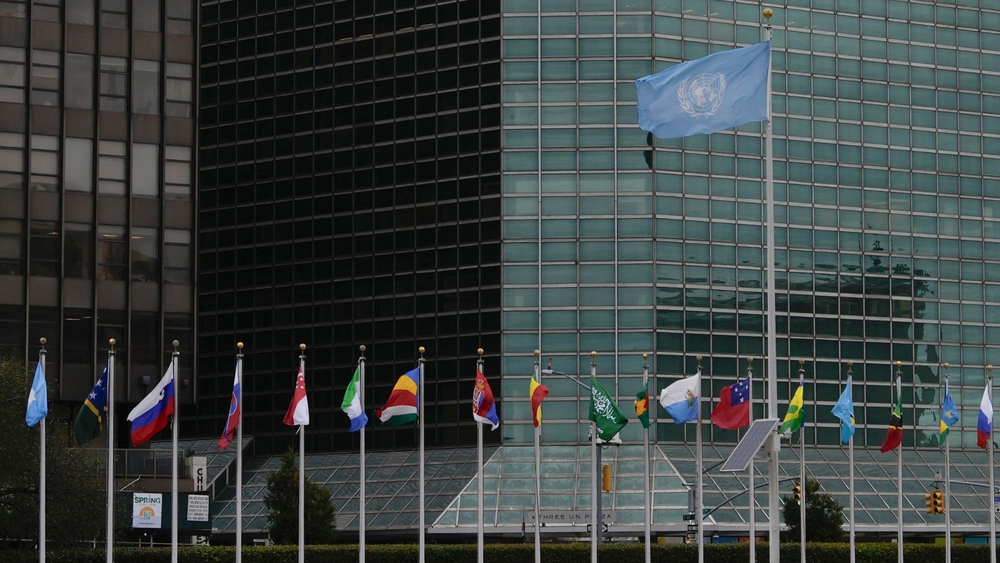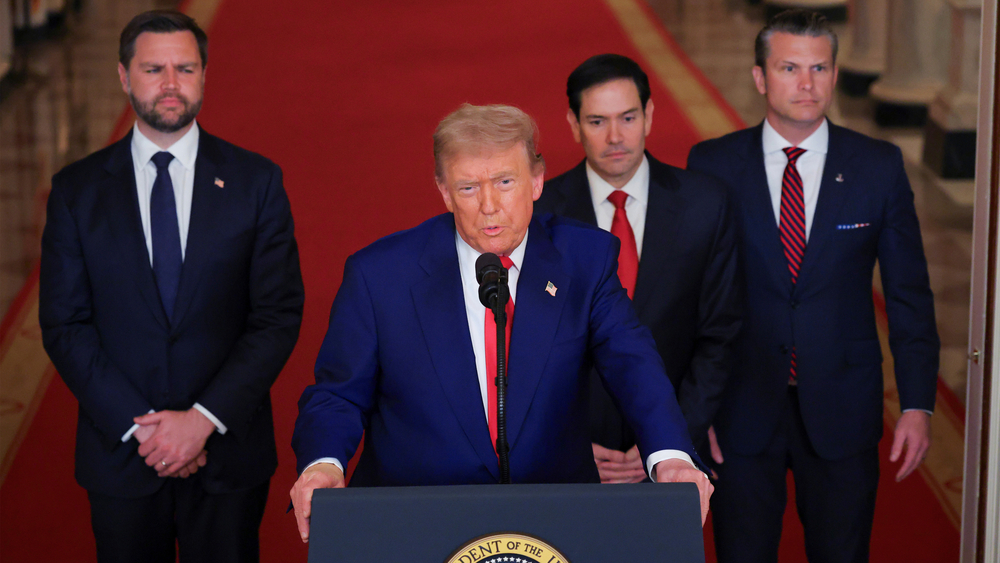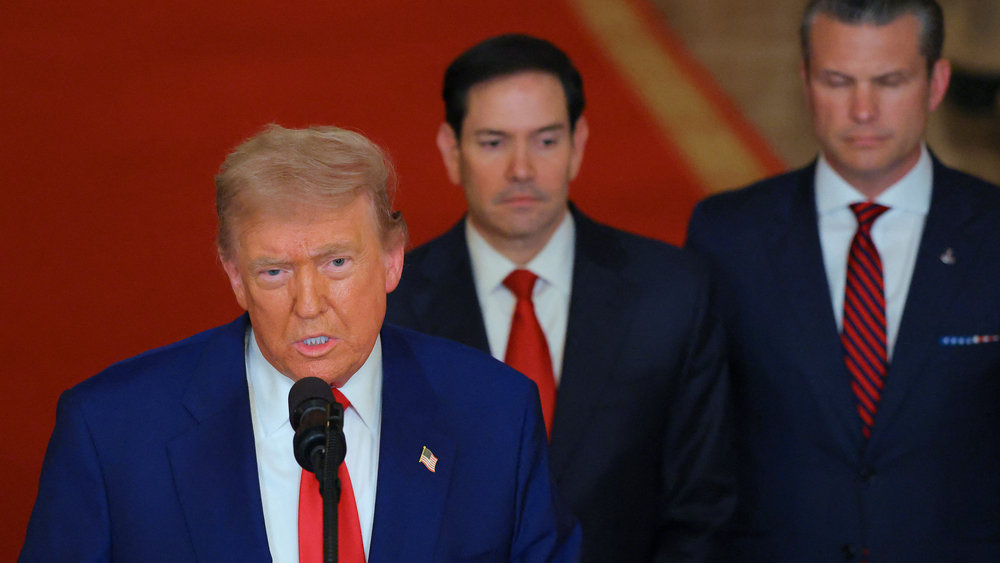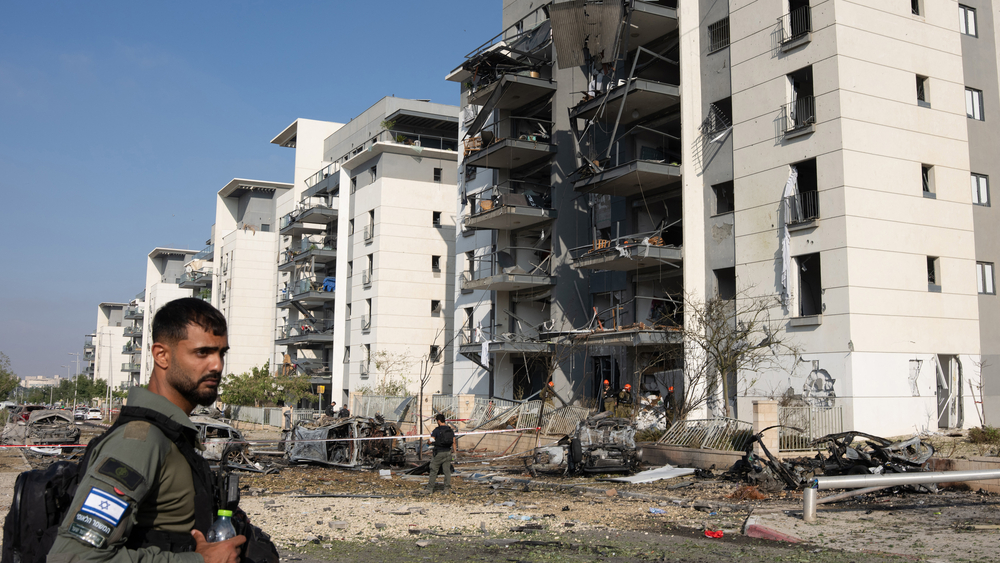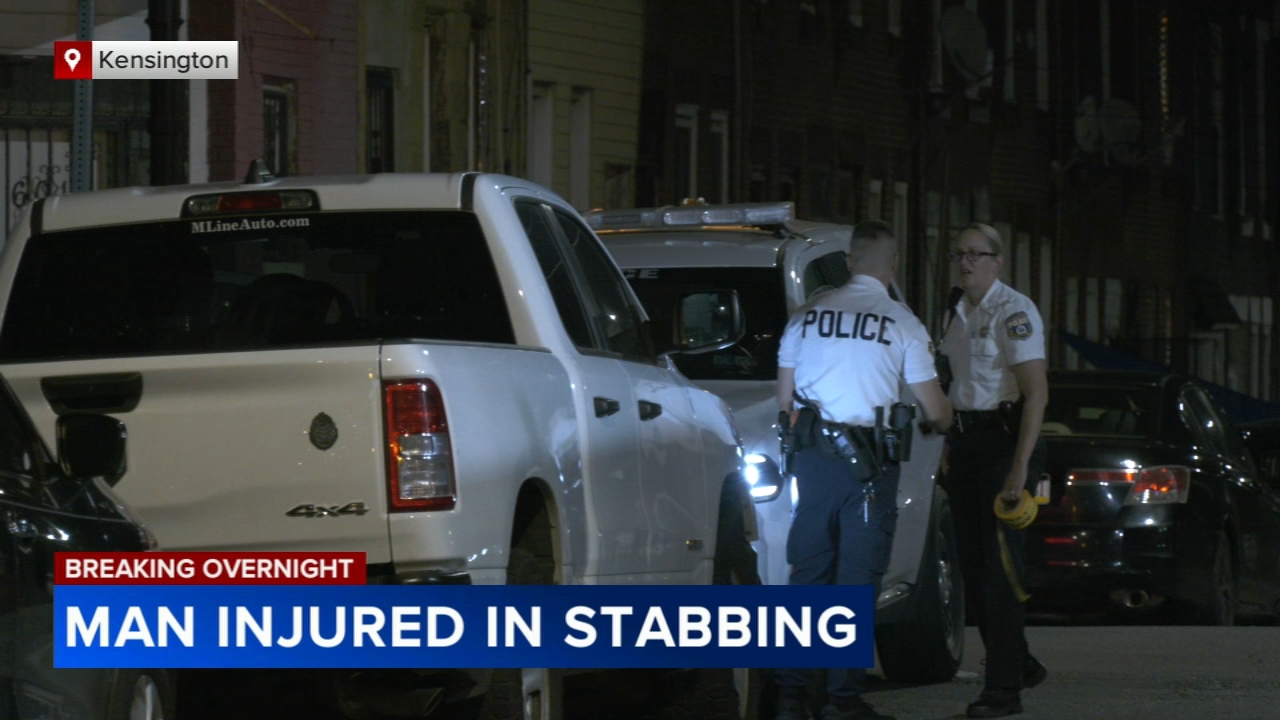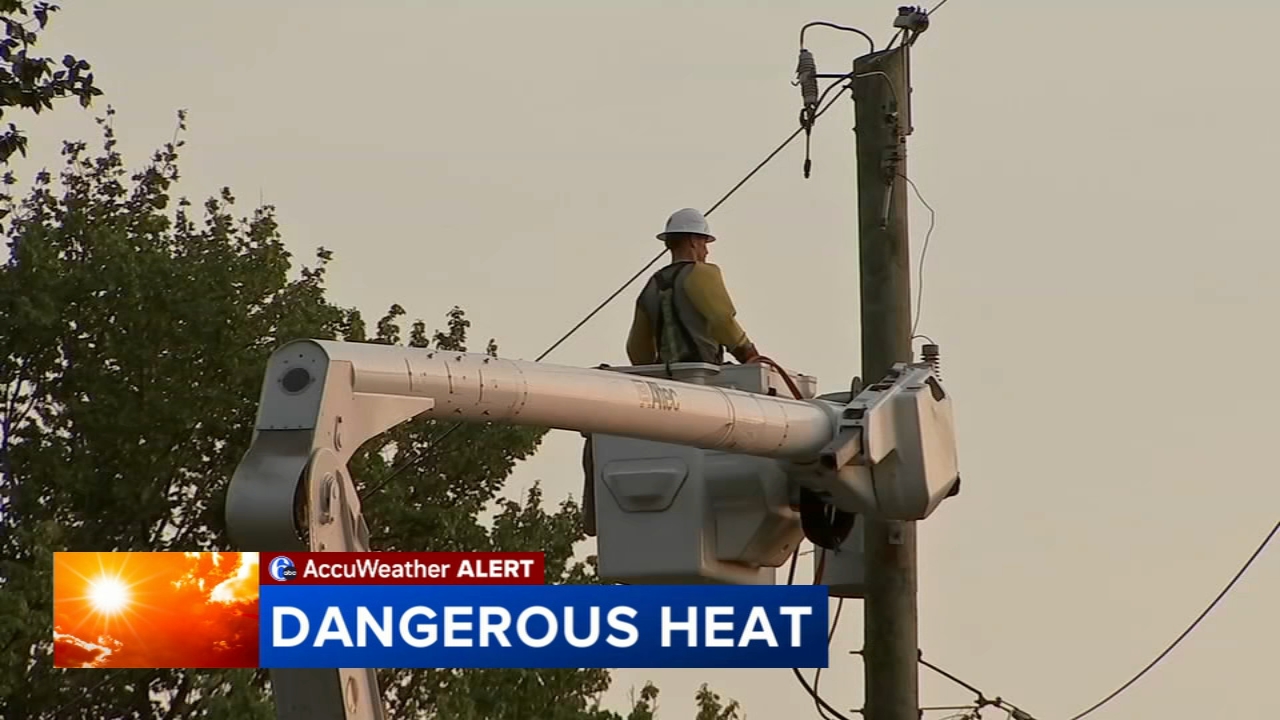Defense Secretary Hegseth says Iran nuclear program 'obliterated' in US attacks
Iran's top diplomat warned that the US attacks on its nuclear sites 'will have everlasting consequences.'
WASHINGTON -- The United States struck three nuclear sites in Iran on Saturday, President Donald Trump announced.
B-2 bombers dropped a number of Massive Ordnance Penetrator bombs -- known as "bunker busters" -- during the U.S. mission over Iran, a U.S. official confirmed.
A number of Tomahawk cruise missiles were also fired at targets inside Iran from a U.S. Navy submarine, the official confirmed.
Following the strikes, Trump addressed the nation, calling it a "spectacular military success."
Defense Secretary Pete Hegseth briefed reporters on the U.S. strike on Iran Sunday morning, declaring that "we've devastated the Iranian nuclear program" and that Iran's nuclear program has been "obliterated."
Hegseth called the military strike "bold and brilliant."
"When this president speaks, the world should listen," he said.
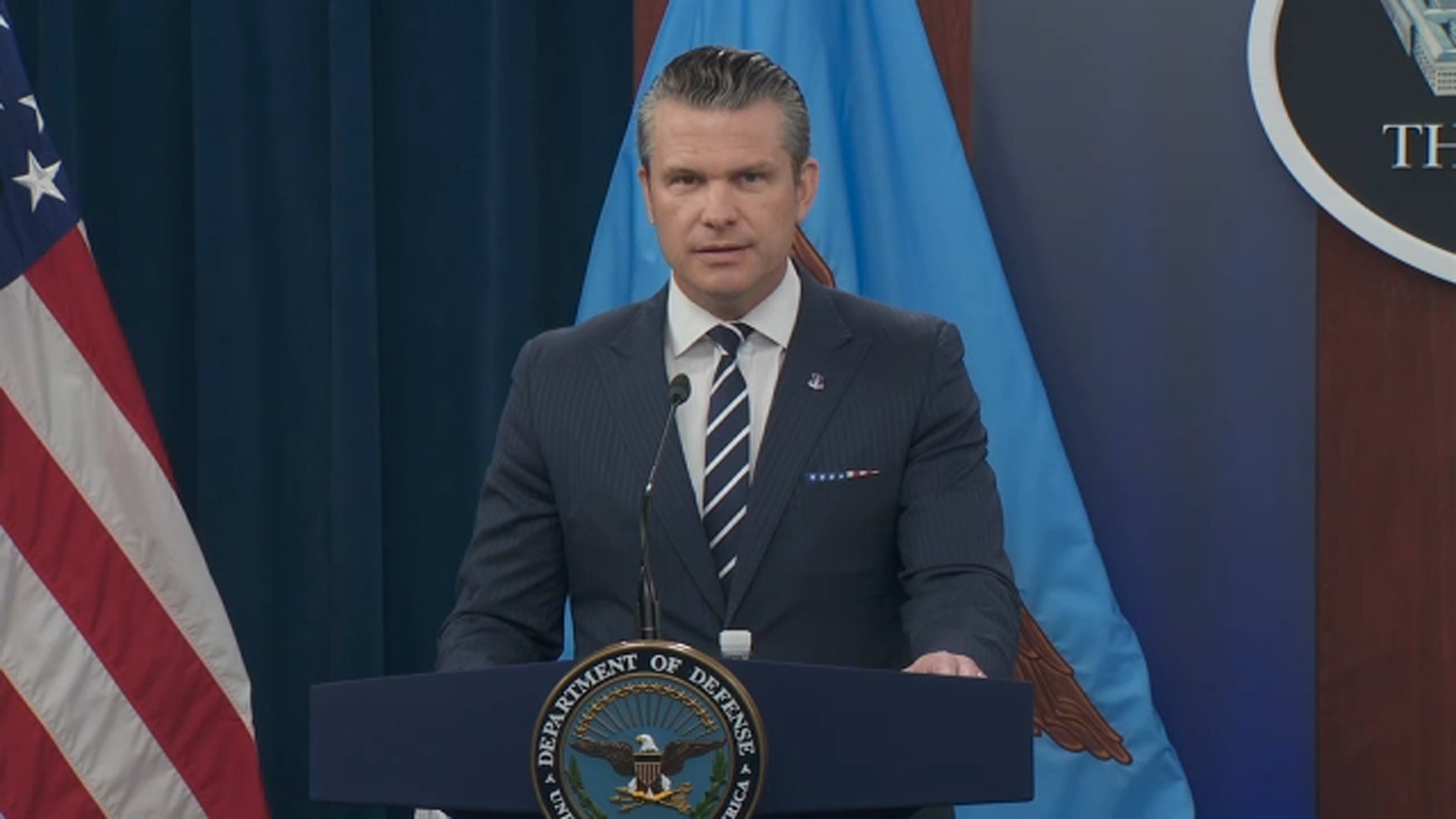
Joint Chiefs Chairman Gen. Dan Caine told reporters the mission was a "complex and high-risk mission" that was known to only a few people and relied on decoys to protect the integrity of the mission.
The B2 bombers deployed shortly after midnight on what would become the longest flight involving the B2 fleet since 2001, Caine said. A total of 14 bunker buster bombs known as MOPS were dropped, with the first two dropped at 2 a.m.
The attack also involved a U.S. submarine that launched more than two dozen Tomahawk land attack cruise missiles surface targets, according to Caine.
"This was a complex and high risk mission carried out with exceptional skill and discipline by our joint force," he said.
Iran did not deploy fighters or surface to air missiles during the mission, Caine said: "Throughout the mission, we maintained the element of surprise."
It was also the first use of the massive ordnance penetrator, or MOP, which had only been used in a testing role, according to Caine.
Hegseth said there were public and private messages being directly delivered to the Iranians prior to the attack through multiple channels, "giving them every opportunity to come to the table."
"They understand precisely what the American position is, precisely what steps they can take to allow for peace, and we hope they do so," he said.
He also said the operation is not open-ended and is not about "regime change."
"Well, anything can happen in conflict. We acknowledge that, but the scope of this was intentionally limited," Hegseth said.
According to Caine, troops in the region were not given an advance warning of the attacks.
Lawmakers were notified immediately after the strike, according to the briefing.
Middle East nations express 'concern' over US airstrikes on Iran
Saudi Arabia, Qatar, Iraq and Oman all expressed concern over the U.S. airstrikes on Iranian nuclear sites on Saturday.
Saudi Arabia's Foreign Ministry published a statement noting its "great concern" and expressing the need "to exert all efforts to exercise restraint, de-escalate and avoid escalation" in such "highly sensitive circumstances."
Qatar's Foreign Ministry warned "that the current dangerous tension in the region could lead to catastrophic consequences at both the regional and international levels," while noting its "grave concern" and stressing "the urgent need to halt all military operations and to immediately return to dialogue and diplomatic channels to resolve outstanding issues."
Oman -- which has in the past served as a mediator in talks between Washington and Tehran -- described the American strikes as "illegal aggression" and a "serious violation of international law" in a Foreign Ministry statement posted to X.
Iraqi Foreign Minister Fuad Hussein, meanwhile, said there was a "grave risk posed by attacks targeting religious leaders or nuclear facilities" in Iran, per a readout published on the Foreign Ministry's website.
"Such actions could spark widespread chaos and destabilize the entire region," the readout said, adding that "any strike on Iran's nuclear facilities could lead to a humanitarian and environmental disaster."



